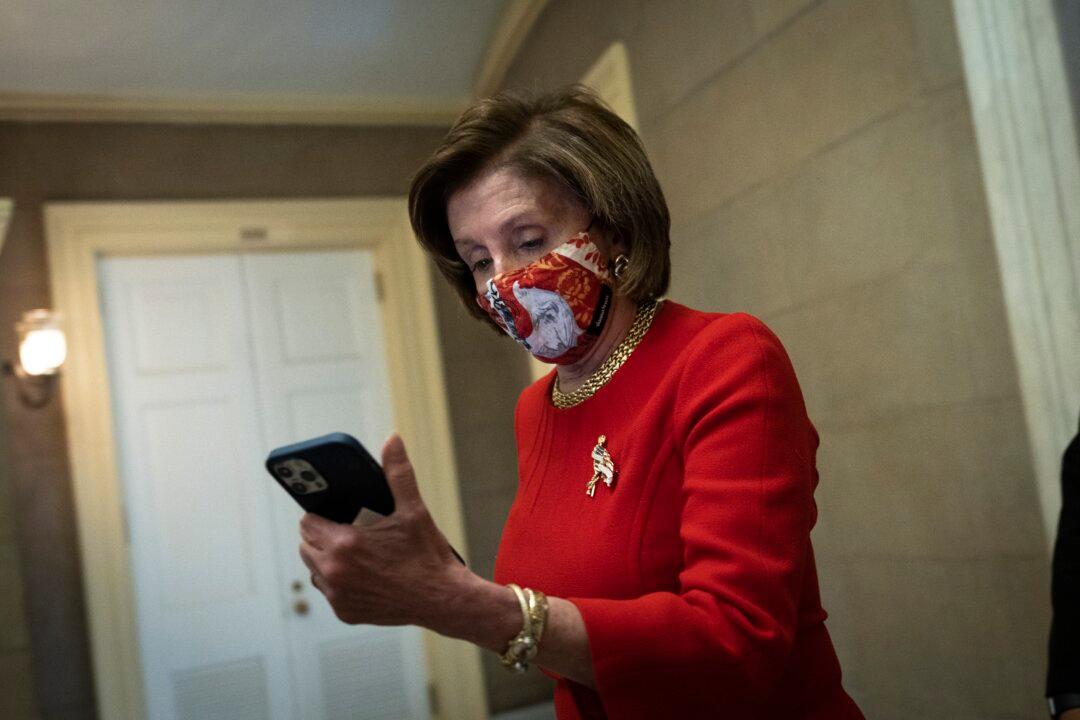House Speaker Nancy Pelosi (D-Calif.) alleged on June 13 that Sen. Joe Manchin (D-W.Va.) could be convinced to support the sweeping election reform bill that has received staunch opposition from Republicans and some moderate Democrats.
“I think he left the door open. I think it’s ajar. I’m not giving up,” Pelosi said.





